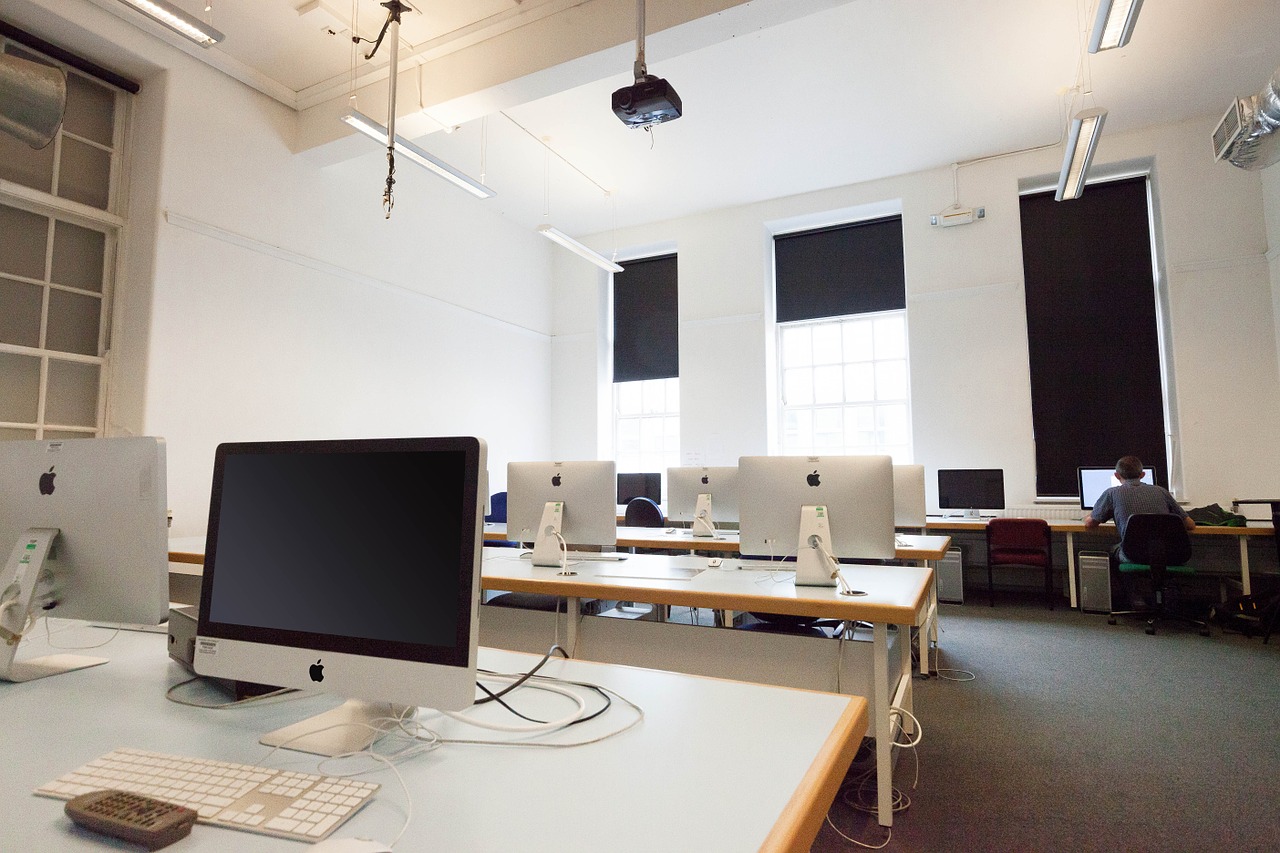 Ten days ago a new group of students on our MA Peacebuilding and MA Maritime Security programmes departed Coventry having visited for their Induction Workshop. These students have 12 months of work ahead of them; an exciting, yet challenging experience undoubtedly awaits.
Ten days ago a new group of students on our MA Peacebuilding and MA Maritime Security programmes departed Coventry having visited for their Induction Workshop. These students have 12 months of work ahead of them; an exciting, yet challenging experience undoubtedly awaits.
It was the first time in three years that I wasn’t one of those staff members responsible for organising and running the workshop. Nevertheless I played a small part in proceedings delivering an introductory lecture on International Security. I enjoyed this lecture; it allowed me to return to some of the core academic literature and big issues that piqued my interest in pursuing an academic career in the first place. We considered some of the theoretical underpinnings of International Security as a sub-discipline, reflected on the way (if at all) our understandings of security have changed over the last 25 years, before concluding with a brief examination of the impact globalisation has had on the way we think about security. Interacting with the students on these issues was a complete joy.
Putting on a workshop like this Induction Workshop takes a lot of hard work from colleagues – both academic and operational. Supporting student enrolment, booking the venue, organising excursions, recruiting colleagues to present at the workshop, developing lecture content, and much more besides; and all this before the actual running of the workshop itself! It is this hard work however behind the scenes that allows our students to attend an intellectually coherent, well organised five days of learning that effectively introduces them to our city, University, Research Centre, and of course each other. While my colleagues were utterly exhausted at the end of the workshop, I couldn’t help but notice that the fatigue from running the workshops was married with an energy too, a real buzz stemming from their engagement with our students.
Our MA Peacebuilding and Maritime Security programmes are designed to give working practitioners, some of whom have little previous Higher Education experience, the chance to gain a high-quality educational qualification from one of the United Kingdom’s rapidly rising Universities. We believe that everyone has the potential to learn, develop their academic skills, and take both knowledge and skills back to their place of work and local communities to bring about positive change. We do not feel that individuals should be locked out of Higher Education because of their previous career decisions, because of financial constraints or because they happen to live and work in challenging environments. After all, If education is not about empowering individuals, then what is the point of it? As a result we deliver programmes that can be studied by distance-learning or with a combination of short, optional residential workshops and online learning. We also have a rigorous process to evaluate and potentially accredit an individual’s learning from their work experience with academic credits.
More broadly for me, while I only made a limited contribution to this particular workshop, I nevertheless got a much needed bolt of energy from the proceedings. In my new role as our research centre’s Director of Postgraduate Taught Programmes it is fair to say I have spent a considerable amount of my time in meetings over the past six months. Embarking on an intensive review of all our teaching activities has meant lots of reading, learning, engaging with colleagues, all in effort to ensure our teaching positively evolves and that we continue to innovate, enhancing the quality of our work even further. At times this review has been rather dry as I have approached teaching through the more abstract lens of policies, regulations and business plans. They may all be crucial components to ensure a strong strategy is in place to go forwards and undoubtedly represent some of the key foundations on which our future success will rest (the other arguably more crucial foundations being our staff and the students themselves); but these components are not, nor should they be the complete picture. Planning is a means to an end, not the end itself; even if that end doesn’t always seem as obvious as I would like at times.
As such chatting with our new group of students last month reminded me why I do this job and why I love the teaching side of academic life. The abstract becomes more real, theories are evaluated, new insights can be gained. It reminds me of the crucial and mutually beneficial relationship between research and teaching. I get to share ideas with interested and interesting people, I have the opportunity to gain new insights in to longstanding problems, to have new problems brought to my attention, I get to feel that in a small way the ethos of Coventry – UK City of Peace and Reconciliation – has been spread that little bit wider. Ultimately this is why my thanks to our students on the Friday afternoon as they set off home was deeper than an appreciation of their attendance; I was thanking them for playing their part in reaffirming my love for education.
